Description
“My dear village, Tsada! Here I come, returning to you from that vast world in which my father saw so many flaws. I have traversed it this year and seen so many wonders. My eyes wandered from its abundance of beauty without knowing where to rest. They moved from one magnificent temple to another, from one magnificent human face to another, but I knew that no matter how magnificent I saw today, tomorrow I would see something even more magnificent. The world, as you wish, is endless. May the temples of India, the pyramids of Egypt, and the cathedrals of Italy forgive me. May the broad avenues of America, the pavements of Paris, the gardens of England, and the mountains of Switzerland forgive me. May the women of Poland, Japan, and Rome forgive me. I have been blessed to look at you, but my heart beats quietly, and if it has increased, it is not so much that my mouth dries up and my head spins. So why did my heart beat in my chest now, when I saw once again these seventy houses nestled in the foothills of the mountain? My eyes sunk, and my head spun, as if I were sick or drunk. Is this small Dagestani village more wonderful than Venice, Cairo, or Calcutta? Is an Avar girl walking along the narrow mountain path carrying a bundle of firewood more wonderful than a charming Scandinavian?
Oh, Tsada! Here I am, wandering through your fields, and the cold morning dew washes my tired feet. Then I wash my face not with mountain streams, but with spring water. It is said: If you want to drink, drink from the spring. It is also said, and my father used to say this: A man can return in two ways: to drink from the spring, and to pick a flower. And you are my spring, Tsada. Here I am, kneeling before you and drinking from your springs, but I am not satisfied. As soon as I see a stone, a transparent shadow appears above it. This shadow is me. As I was thirty years ago. I sit on it and tend my sheep, a furry heart on my head and a long stick in my hand, and dust covers my feet. As soon as I see a mountain road Until a transparent specter appears to me in it. This specter is me too, as I was thirty years ago. Why am I going to the neighboring village? It seems my father sent me. With every step, I encounter myself, my own self, my childhood, the springs that passed me by, the rains, the flowers, and the falling autumn leaves.
Dagestan encompasses the lands soaring in the sky of imagination. It is a legend in every way: its mountains, its valleys, its springs, its land, its sky, and most importantly, its men, whom the imagination has often imagined to possess those traits that captivate the soul, the human being, in terms of their composure and vigor.
In this novel, Rasul Gamzatov takes the reader into the tranquility of a summer dream, settling in its shadows, presenting him with scenes emanating from a land called Dagestan. The novelist meticulously draws the lines of his characters, evoking the history of a nation whose men are renowned for their strength, bravery, and vigor. The author continues his narratives to inspire, through his wonderful style, a delicate sense and a sense of immersion to the point of Identification with the characters and with the author himself, Tsada becomes that dream that always soars in his atmosphere.

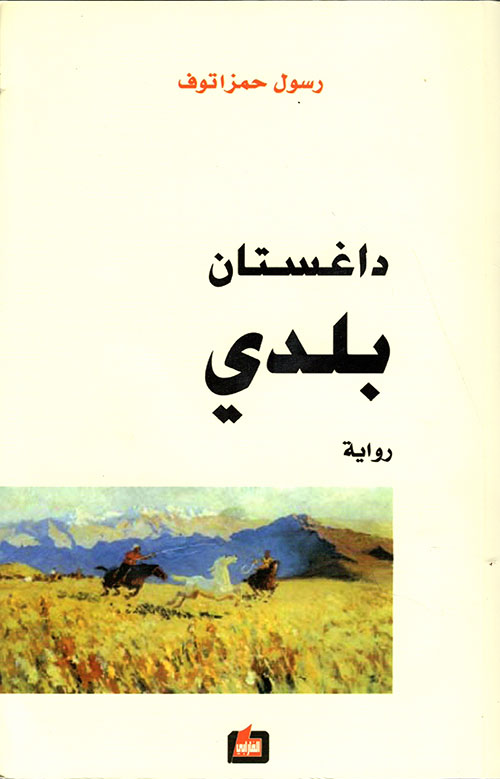
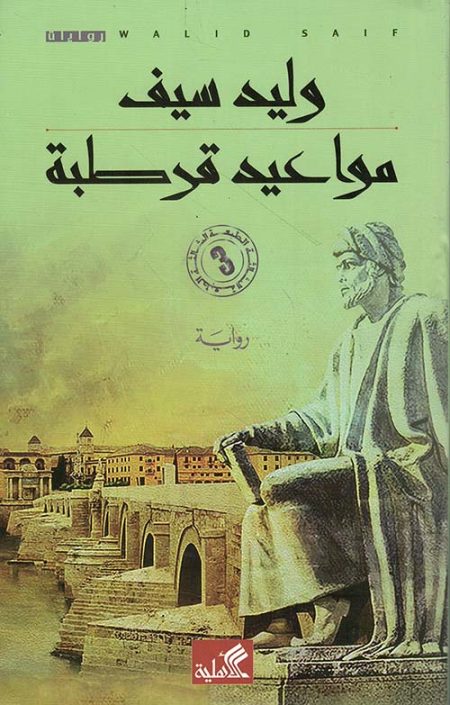




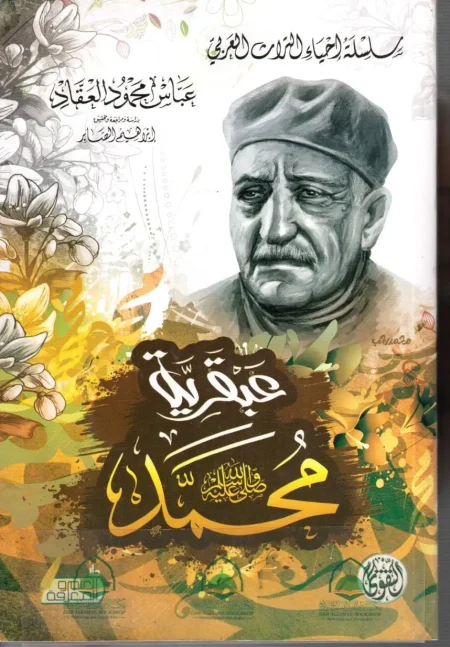



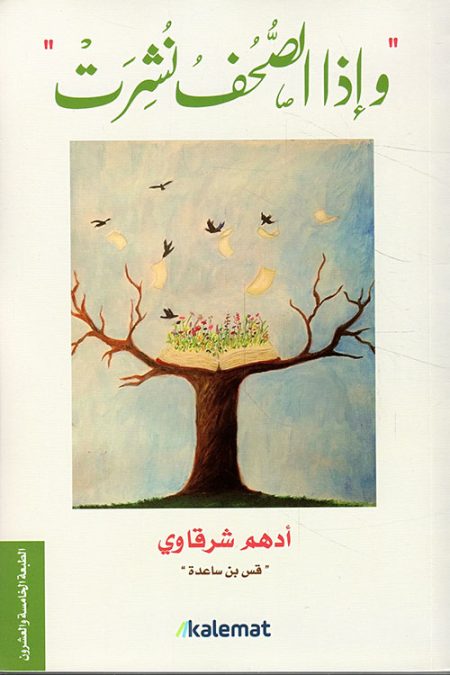



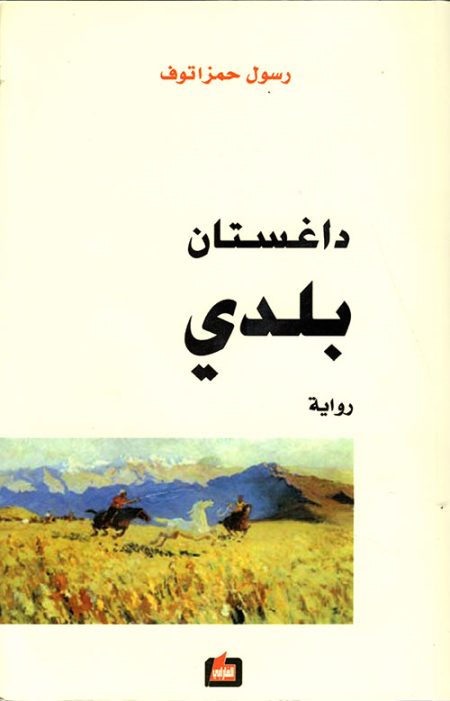
Reviews
There are no reviews yet.